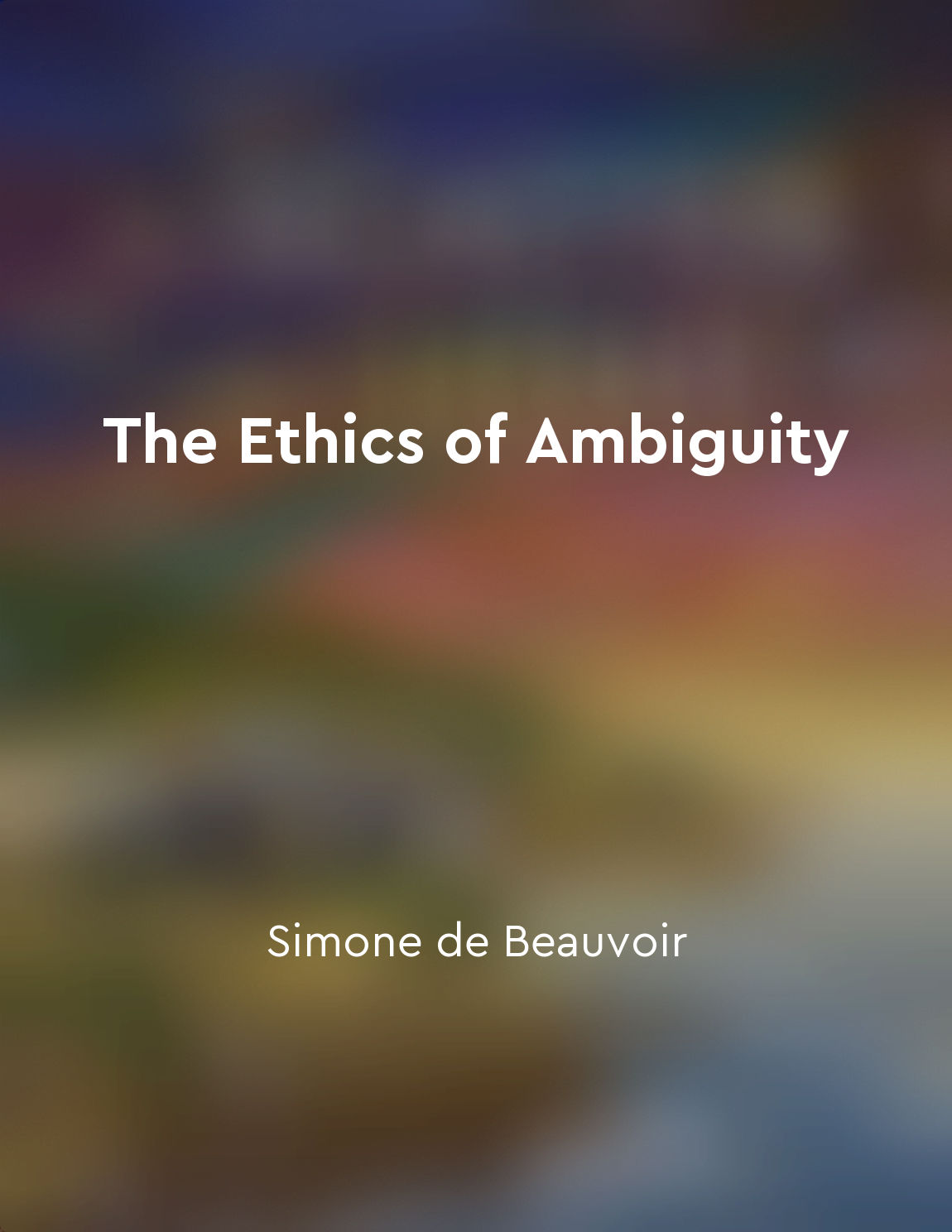Morality is grounded in rational autonomy and adherence to universal moral laws from "summary" of Groundwork for the Metaphysics of Morals by Immanuel Kant
In considering the nature of morality, we must first recognize the importance of rational autonomy. Rational autonomy refers to the capacity of individuals to act according to their own freely chosen principles and understandings. It is through the exercise of our rational capacities that we are able to determine what is morally right or wrong in a given situation. This autonomy allows us to make moral decisions based on our own reason and judgment, rather than simply following the dictates of others or our own desires. Furthermore, adherence to universal moral laws is crucial in grounding our moral principles. Universal moral laws are those principles that apply to all rational beings, regardless of their particular circumstances or ...Similar Posts
Primary goods
The concept of primary goods is central to understanding justice as fairness. These goods are the basic means necessary for ind...
Teleological argument supports the idea of a harmonious universe
The teleological argument posits that the order and purpose evident in the natural world point towards the existence of a supre...
History shapes cultural perspectives
The way people see the world is not just a matter of personal preference or individual choice. It is shaped by the history of t...

The pursuit of happiness is a fundamental human desire
The desire for happiness is deeply embedded in the human psyche, driving individuals to seek out pleasure and avoid pain. This ...
Beliefs stem from lively and forceful impressions
Beliefs arise from the vivacity and strength of our perceptions. When an idea or impression strikes us with great force and liv...
Ethical duties are derived from rational principles
Ethical duties are not arbitrary or contingent, but are grounded in rational principles that are universal and necessary. Accor...

Moral values are subjective and contingent
Moral values are not fixed and universal truths but rather subjective and contingent upon various factors. This means that what...
Ideas are weaker than impressions
When we reflect on the nature of our thoughts and experiences, we find that they can be divided into two distinct categories: i...
Kingdom of ends promotes moral community
The concept of the Kingdom of ends promotes moral community is a central idea in Kant's ethical philosophy. Kant argues that hu...
